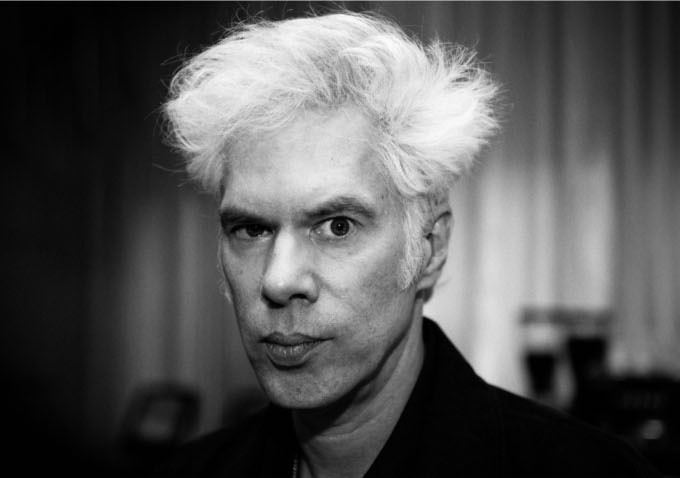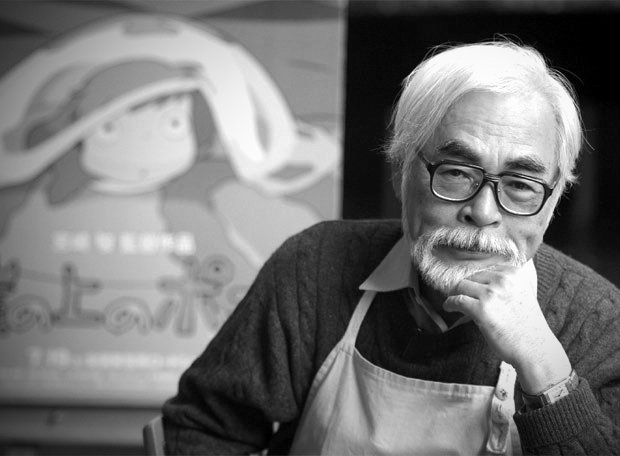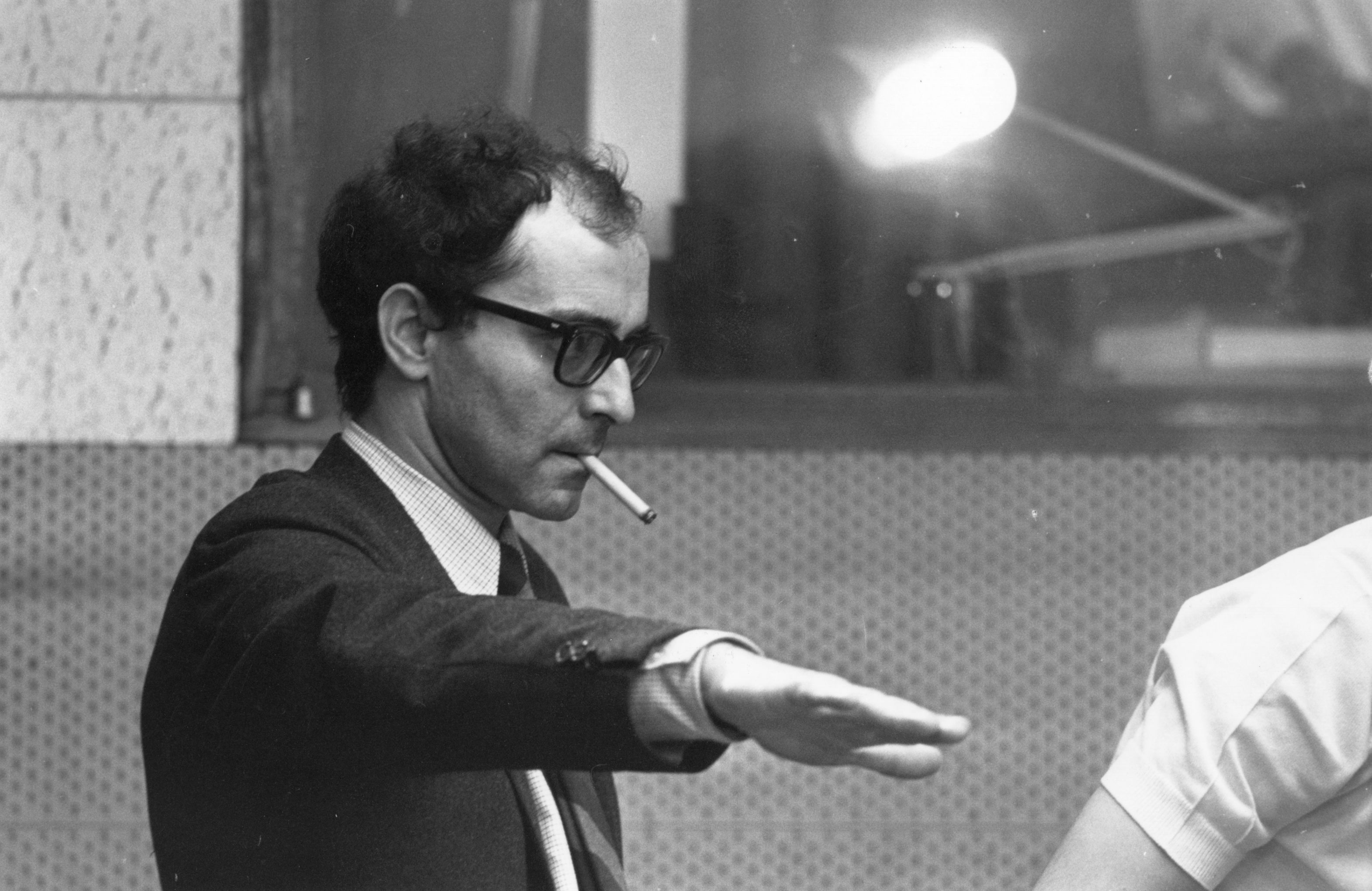Many a directors are lured by the idea of life as a formless, lose train of accidental events, but very few of them made it their artistic vision. Jim Jarmusch tops the list of such filmmakers who, captured the back-to-back, accidental and mundane events in life and gave them a cinematic form.
An Unconscious Moment Between Action & Cut, Darren Aronofsky’s Master Class
Jim Jarmusch, who considers himself as “plot-hater”, microscopically analyze his characters and their motiveless and colorless life forms his narrative. As a director, he discovers outbursts of joy, adventure and ecstasy in those prosaic lives through his movies.
Being a product of the New York city in the early 70s, Jim Jarmusch explains the formation of an artist in him and his unique approach towards art, time, and human behavior in this intimate conversation. It mentions all the Jim Jarmusch stamps like using cult rock songs and artists, referring his favorite books and authors, unexpected cameos, minimal setting, uninterrupted long takes, minimum camera movements, occasional jump cuts, and a punctuating fade to a black tool.
“A Pessimist, A Philosopher, And A Poet,” A Wong Kar Wai Round-Up
Most of the Jarmusch movies are considered as an antithesis to the prevalent Hollywood cinema and rest their allegiances with the underground and the independent cinema. People who live on the fringes and the margins of the mainstream society enters and walks out of his narrative and one needs to listen to him carefully to understand his world of dropouts and losers and their unpredictable, labyrinth-like mindscapes.
Written By: Ragesh Dipu




